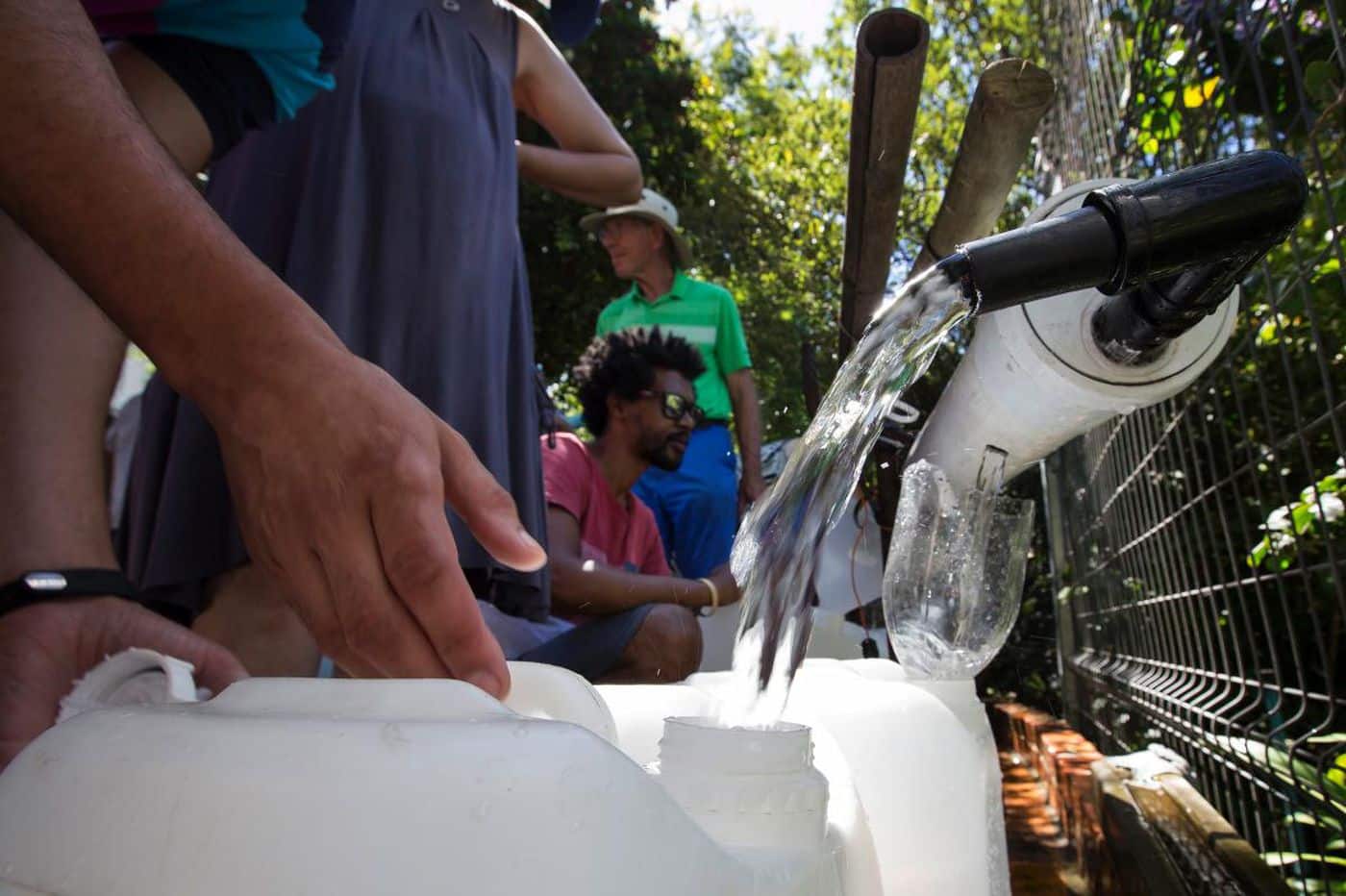Can Blockchain Technology Help Us Solve the Water Management Crisis?
Blockchain technology could be the ultimate solution to a problem that poses a significant threat to human existence. Water scarcity is becoming a significant considerable challenge despite the fact that the resource covers a considerable chunk of the earth surface.
Water Scarcity: A Ticking Bomb
While water covers 70 percent of the earth surface, only three percent of it is safe for human consumption, and only one percent is accessible. Water shortage and rationing are unheard for in developed countries. However, the same cannot be said in developing countries or third world nations.
With the amount of water that can be consumed by humans and animals on a decline, it could be a matter of time before it becomes a precious commodity like oil. About 4.5 billion people lack access to safely managed sanitation services, attributed to water scarcity.
Blockchain Technology For Water Management
It is becoming clear that there is need to come up with a system that will ensure efficient use and distribution of water. Currently, there are many challenges when it comes to tracking how water is used. However, with the emergence and evolution of blockchain technology, things could change for the better.
Blockchain technology could soon make it possible for households, industry consumers, and water managers, to access valuable data about water quality and quantity, critical to making informed decisions. Such kind of data could make it easy for people to make informed decisions about when to conserve and use water.
While the technology cannot be used to track the flow of water, it can still be used to reduce costs, increase efficiencies of how the precious commodity is distributed. Focus until now has been on how the technology can be used to create smart cities. However, a new trend is slowly emerging that could help change the water scarcity debacle.
Current Developments
Australia appears to be leading the pack when it comes to the usage of blockchain in the distribution of water. The city of Fremantle is gearing up for an experiment that seeks to test whether blockchain can be relied upon, on water and energy distribution.
The upcoming experiment will see resilient, low carbon and low-cost water management systems installed in using blockchain technology. A solar photovoltaic plant an electric charge station and a precinct water treatment will be orchestrated using blockchain technology. Also, Melbourne city has also partnered with a startup, Civic Ledger, to improve water trading in Australia, by leveraging blockchain technology.

Source: NY Daily News
The U.S.-based Genesis Research Technology Group has already unveiled a water purification system for wastewater collected upon oil and gas drilling. The company has also begun works on an Internet of Things water quality system that is it be used to store water quality records on Ethereum blockchain.
Such a system could help people feel more secure about the quality of water they are using. The system could also alert officials in case the water quality deteriorates.
Amidst the success, there are also water management projects leveraging blockchain technology that have collapsed. AQUA Rights, for instance, developed a token that it hoped would be a representative of fractional ownership of water rights. A lack of enough interest in the token led to the collapse of the project altogether.
Comments
Post a Comment